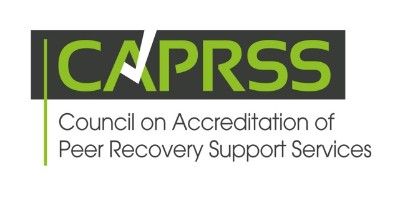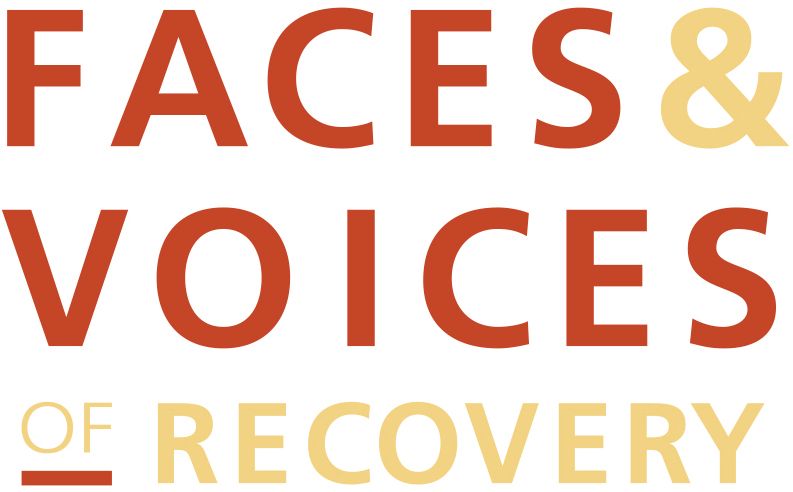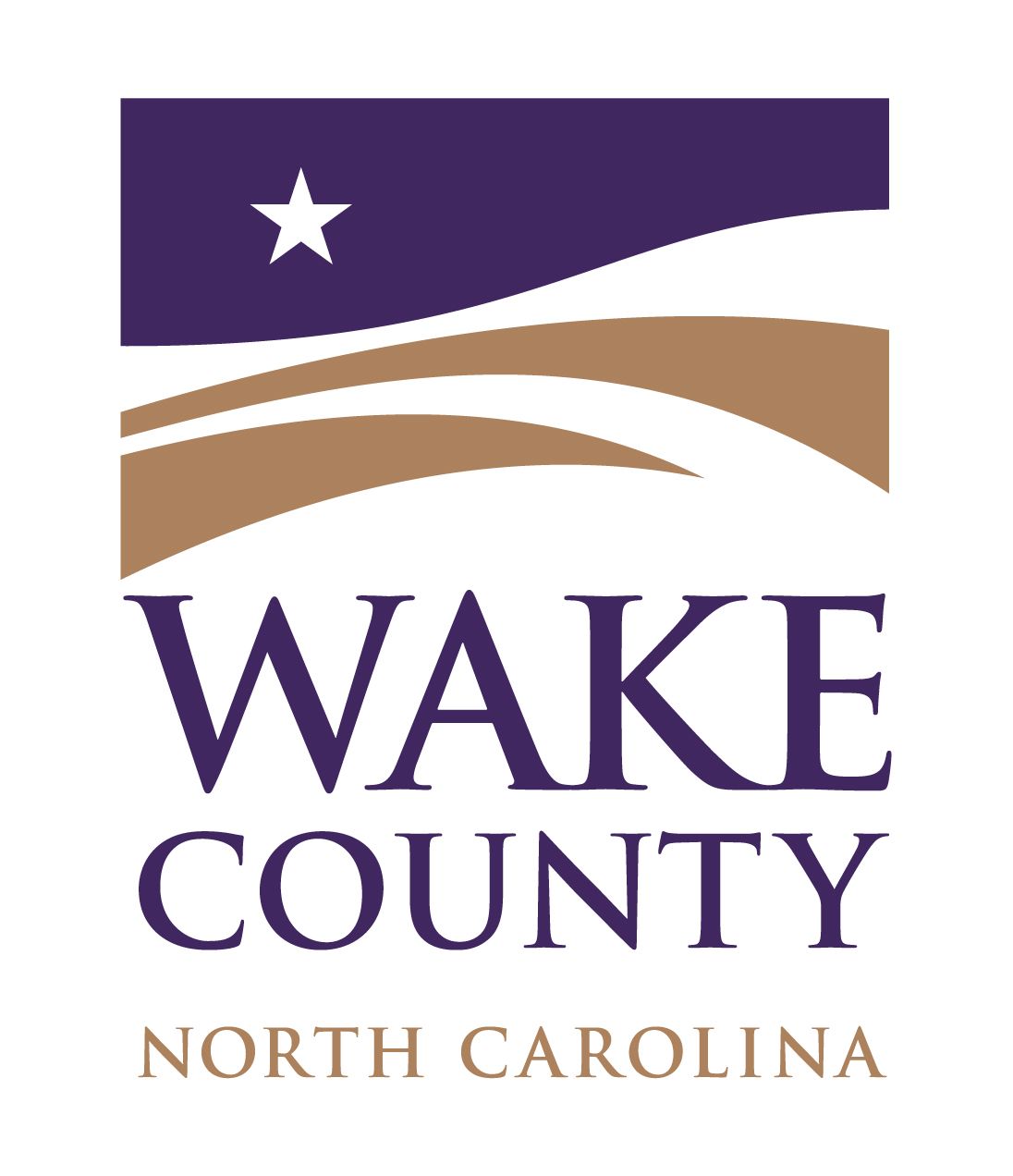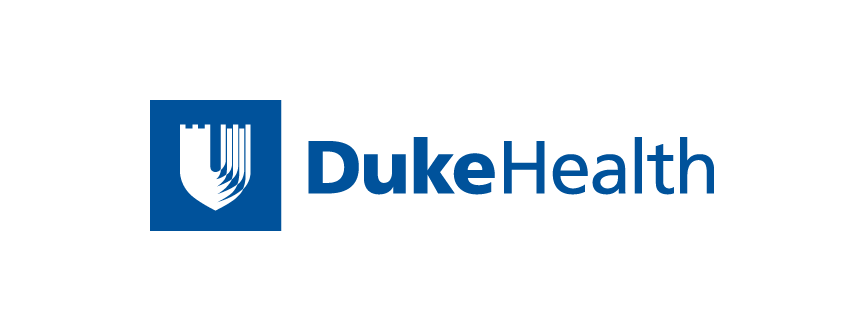Additional RCNC Trainings:
- INTRODUCTION TO CO-OCCURRING DISORDERS: Research has found that 60% or more of persons with mental health disorders also struggle with substance use disorders. New understandings of substance use/abuse and addiction in conjunction with mental health disorders have promoted a more compassionate and hopeful approach to providing treatment and recovery support. Introduction to Co-Occurring Disorders will provide education on the overlap of symptoms of mental health and substance use disorders and their relationship to recovery planning. Participants will learn to identify symptoms of mental health and addictive disorders and understand the recovery process from co-occurring disorders. Strategies to develop integrated recovery plans with their clients and activities to maintain ongoing recovery will be highlighted as well.
- MOTIVATIONAL INTERVIEWING: Motivational Interviewing (MI) focuses on exploring and resolving ambivalence and centers on motivational processes within the individual that facilitate change. MI has been used effectively in various healthcare, substance use disorder, and mental health settings, and is now recognized by the Substance Abuse and Mental Health Services Administration (SAMHSA) as an evidence-based practice in the treatment of individuals with substance use disorders. RCNC offers a variety of MI trainings (Introduction to MI; 1 day; 2 day trainings) that cover key principles and skills of MI, and how to tailor these techniques to people at different stages of recovery.
- “ON POINT MESSAGING”: EXPLORING THE ADDICTIONARY OF RECOVERY MESSAGING TRAINING: Social stigma has kept recovery voices silent for decades. Research has shown that messaging shifts can open attitudes toward addiction as a disease and recovery as a real possibility. This course, developed by Faces and Voices of Recovery, will provide techniques on how to discuss addiction and recovery with family, employers, friends, service providers, the general public, and the media. This training is designed for those in recovery, recovery allies, professionals working in the recovery field, and community members wishing to learn about the language of recovery.
- “MINDFUL SELF-CARE”: A STATEWIDE ONGOING PROGRAM OF PEER SUPPORT SPECIALIST SUPERVISION: RCNC’s team of Advocates, Certified Peer Support Specialists, Recovery Coaches, and Licensed Professionals has been providing supportive and coaching services to those who are responsible for ensuring that people in recovery or seeking recovery, their family, and allies are given the direct service resources and support they need to succeed in a life of sustainable recovery. A Certified Peer Support Specialist (CPSS) is a person with significant lived experience who is committed to helping others with mental health or substance use disorders who may be in early recovery or desire to be in recovery. The difficulty for CPSS lies in the fact that, historically, there have not been significant anchors of support for CPSS who provide services that expose them to the trauma, addiction issues, and mental health problems of those they serve. Both monthly and bi-monthly supervision sessions offered by RCNC will provide opportunities for CPSS to discuss concerns or issues during group supervision sessions and build awareness and strategies to navigate difficulties. Large group and smaller group (pod) supervision led by a Pod supervisor will address multiple areas of peer support service and challenges to the CPSS in a forum of interactive learning and personal growth.
- TRAUMA-INFORMED CARE: Trauma-informed care is a treatment and recovery framework that involves understanding, recognizing, and responding to the impact of all types of trauma. Participants will learn about the main principles of trauma-informed care, the causes and effects of trauma, and a strengths-based approach to working with individuals in recovery who have experienced trauma in their lives.
- BEHAVIORAL/PROCESS ADDICTIONS: Addiction can occur in many forms. Behavioral addictions can occur with all the negative consequences in a person's life similar to those encountered by people who compulsively engage in drug and alcohol abuse. It is the compulsive nature of the behavior that signals a behavioral or process addiction in an individual. This training will provide an overview of behavioral addictions (including gambling, food addiction, internet addiction, risky behavior addiction), when to intervene, and treatment options and resource referrals to support an individual's entry into recovery.
For more information email us at info@rcnc.org.









